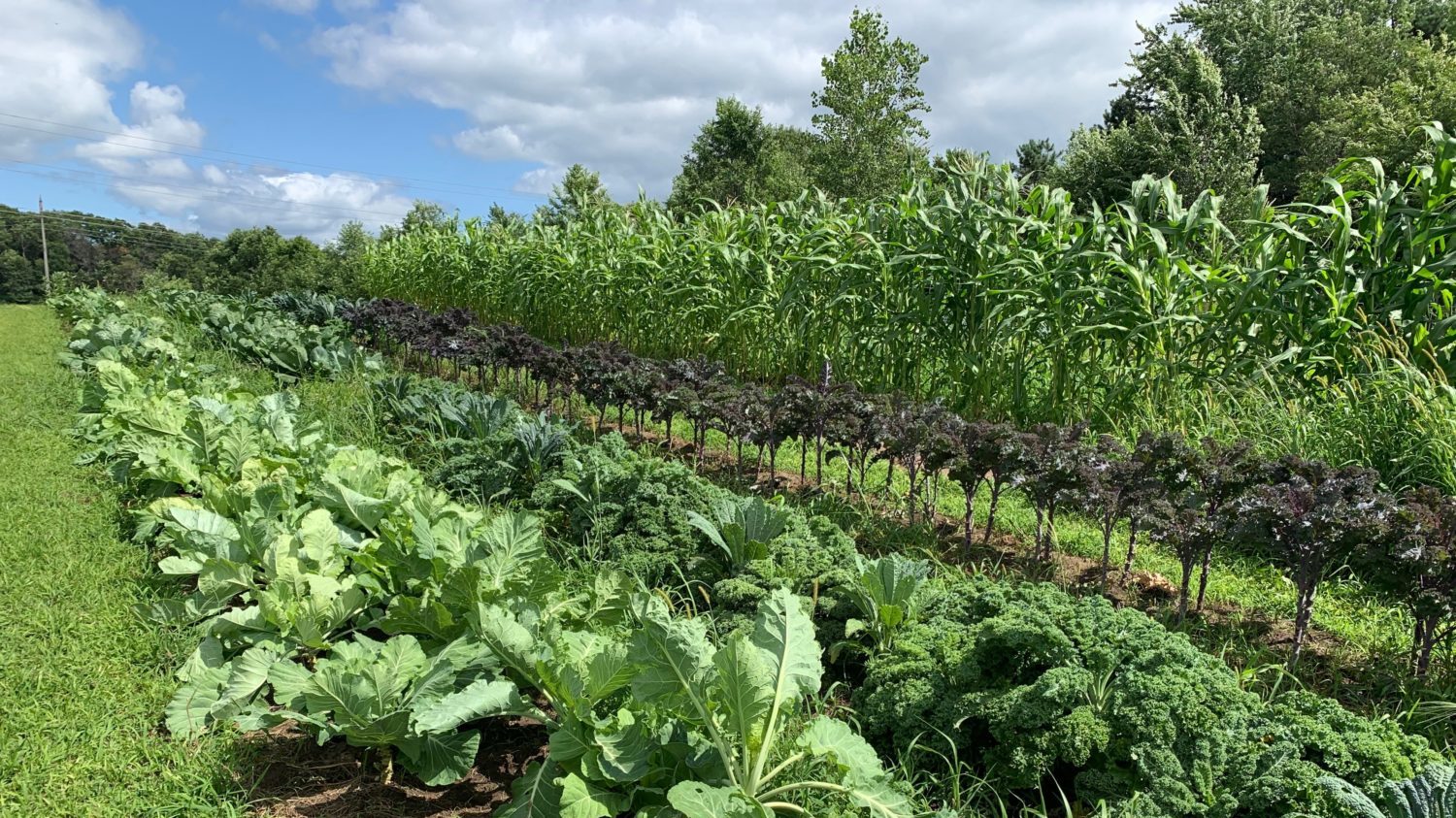
Special thanks to American Indian Family Center & Dream of Wild Health for their contributions to this article
In the U.S., November is often associated with Thanksgiving, a time to gather with friends and family around the communal dinner table while showing gratitude. But November is also a month dedicated to honoring Native Americans. Native American Heritage Month has been nationally recognized since November of 1990, when it was declared a commemorative month by federal proclamation. It’s no coincidence that these celebrations fall within the same month.
The Thanksgiving story you were taught in elementary school most likely included the single-story narrative of peaceful “pilgrims and Indians” sharing a bountiful harvest feast in 1621. While seemingly innocent, this depiction glosses over the violence and cultural assimilation that many indigenous communities faced in the centuries that followed.
As part of the co-op’s on-going efforts to foster a more diverse, inclusive, and equitable environment for all who shop, work, and conduct business here, we believe it is important to recognize this legacy of systemic oppression that indigenous communities in the U.S. have endured. We are also mindful that the land we occupy in the Twin Cities is the ancestral homeland of the Dakota and Ojibwe people.
This fall, we encourage you to honor indigenous food and culture during your celebrations. In Native American culture, fall is traditionally a ceremonial time when communal harvest feasts are held. During a harvest feast, flavorful dishes are featured using local foods such as squash, corn, beans, root vegetables, wild rice, currants, cranberries, blueberries, wild game, and smoked fish. These foods are specific to the Dakota and Ojibwe, while other tribes celebrate with foods grown locally and foraged near their homes.
As you gather with friends and family, take a moment to show gratitude and reverence for the food on your table, the hands that made it, and the land that produced it. Reflect on all the resources, time, and energy that went into creating it. Acknowledge and respect how plants, animals, and Mother Earth contributed to your harvest feast. In doing so, we can all pay tribute to the power that food has to unite us.
For meal ideas highlighting indigenous ingredients and cuisine, check out Dream of Wild Health’s Youth Leader Cookbook (available for sale on their website) and local chef Sean Sherman’s cookbook The Sioux Chef’s Indigenous Kitchen (available for purchase at the co-op).

